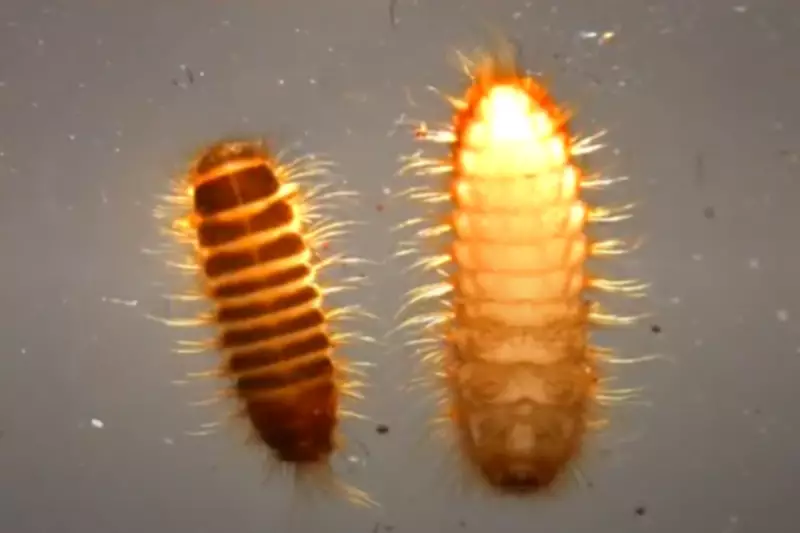
Australian biosecurity officials have sounded the alarm after making a disturbing discovery: live larvae of the notoriously destructive Khapra beetle concealed within imported baby nappy products. The find has triggered urgent nationwide warnings and heightened surveillance measures.
The Unwelcome Stowaway
The alarming detection was made by vigilant border force officers who intercepted a shipment containing the contaminated nappies. The Khapra beetle (Trogoderma granarium), considered one of the world's most feared invasive pests, is capable of devastating stored grain supplies and packaged food products.
Why This Pest Poses a Grave Threat
This particular beetle isn't just a minor nuisance. Authorities classify it as a serious biosecurity threat for several critical reasons:
- Agricultural Devastation: The beetles can wipe out entire grain stores, contaminating them with body parts and hairs that make the product unfit for human or animal consumption.
- Remarkable Survivability: They can survive for years without food and are resistant to many common fumigation methods.
- Economic Impact: An established infestation could cripple Australia's grain export industry, worth billions annually.
Nationwide Response and Public Urgency
In response to the discovery, biosecurity agencies have launched an extensive traceback investigation to identify all potentially affected products and distribution channels. The public, particularly those who have recently purchased nappy brands, is being urged to remain extremely vigilant.
Officials advise consumers to:
- Carefully inspect packaging for any signs of damage or contamination.
- Look for small, brown, oval-shaped beetles or creamy-white, hairy larvae.
- Immediately report any suspicions to the national biosecurity hotline.
- Avoid disposing of potentially infected products in regular rubbish, which could allow the pest to spread.
This incident serves as a stark reminder of the constant and evolving challenges faced by border protection agencies in preventing the establishment of invasive species that could severely damage the nation's economy and environment.





